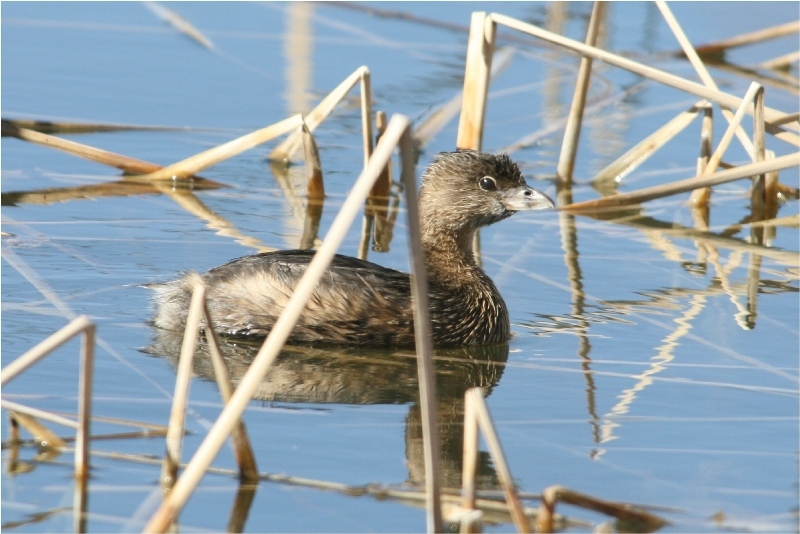Wetland Habitats are Vital
By Dave Hanks
Wetlands are important natural resources! They serve purposes other than providing living spaces for ducks, but that, along with the great diversity of other wildlife types that depend on them, is an important consideration. Their sedges and grasses not only filter out the impurities that make their way into our rivers and streams (kidneys so to speak of flowing water bodies), but wetlands, also, hold the melted spring runoff and slow down the quantity of water dumped into rivers – thus aiding in flood prevention.
SWAMPS are wetlands that have trees growing in the water. They are important oxygen furnishers. Alligators, turtles and other reptiles, amphibians, and many wading and swimming bird species are in abundance.
The Alligator is the master beast here who modifies this habitat with its digging of gator-holes – which other animals benefit from.
SALT WATER MARSHES are excellent wintering areas for many bird species. They are tremendous aquatic food larders for human enterprises. This fact was brought home by the devastation caused by the recent oil spill in the Gulf of Mexico.
WET-MEADOWS (Bogs) are a succession step after a natural disturbance, which facilitates the formation of fertile grasslands and forests. They are also a very important habitat for many mammals.
FRESH-WATER MARSHES are what (here in Idaho) we are most acquainted with. The topography of the land or a dam built across a stream by beavers (those master engineers) result in these wetlands. And what a noble king of the marsh the Moose is! The little PIED-BILLED GREBE (pictured) is a regular here. This little diving bird has a chicken-like bill that has a ring around it in summer. It swims like a duck, but doesn’t have webbed feet. Each toe has lobes extending out on the sides for extra surface area for paddling. Its diet consists of fish, insects, crayfish, frogs, and small amounts of vegetation. It rarely flies, but will sink out of sight when it is threatened.
(At home amid the marsh sedges)
|
